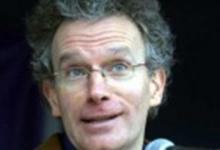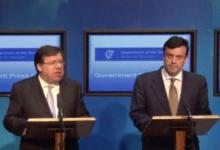Market liberalisation: A certain path of political failure
Many of Ireland's leading lights fancy themselves as classical market liberals in the tradition of Adam Smith, David Hume, and David Ricardo. These would be liberals feel the 'dead hand' of the State should be removed whenever possible-that fundamentally, for countries to prosper, they must practice openness and competition to foster economic growth. Economic growth will then increase the wealth and living standards of the citizens of the nation. By Stephen Kinsella







